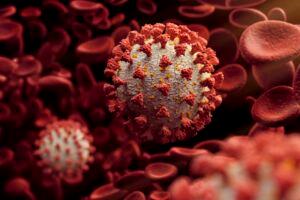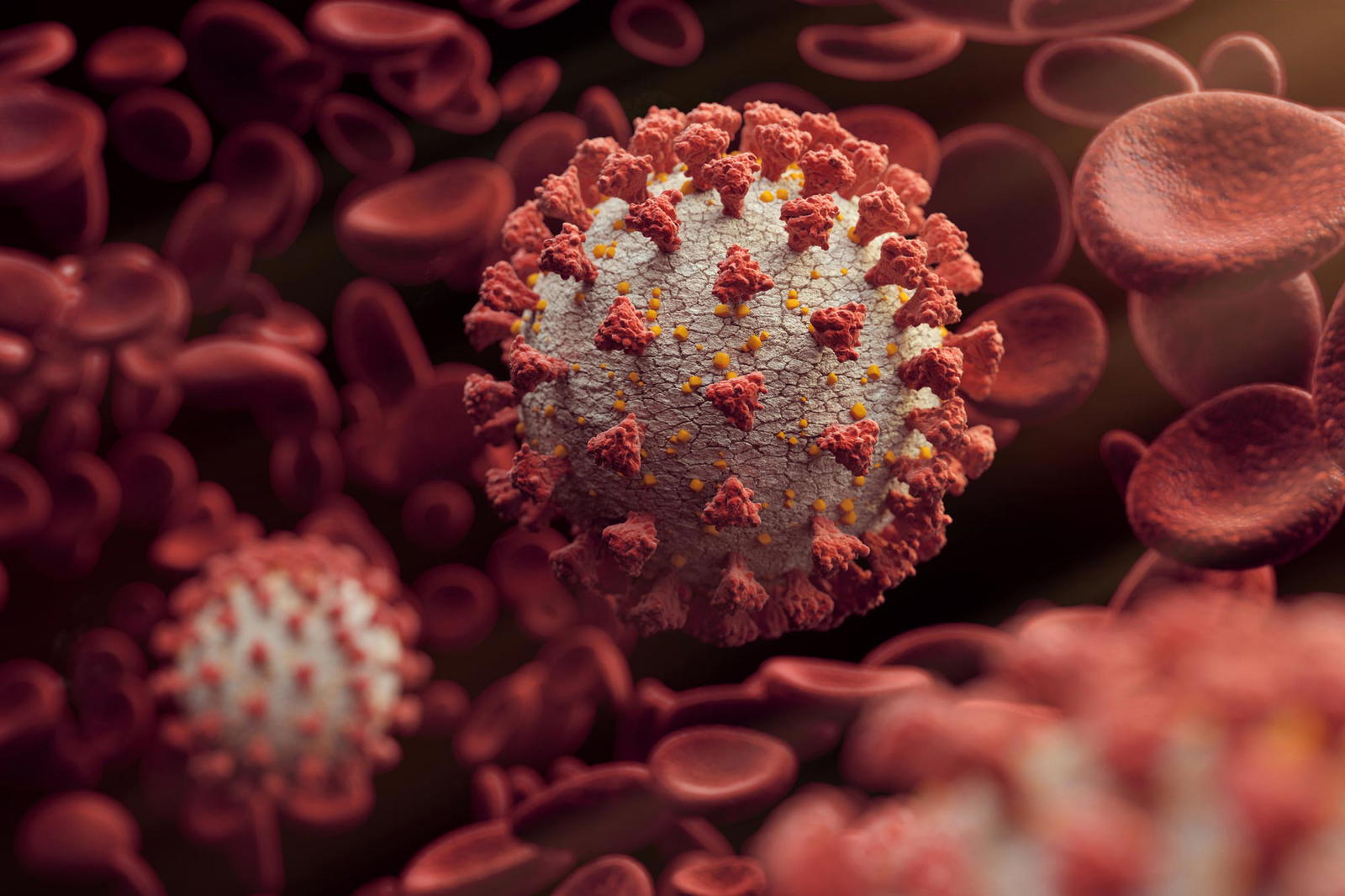
.
By Fejiro Chinye-Nwoko
COVID-19 has divided and yet connected the world more than any other single entity in the last 75 years. It has unveiled the world’s faultlines and yet helped bridged them.
Similarly, it has shown that infections are no-respecter of person. Almost two years after it was first identified, it is still recognized as a global health pandemic affecting people across over 210 countries and territories and disrupting economies.
The statistics are grim. WorldOMeter reports that over 243 million people have contracted the coronavirus globally with almost five million confirmed deaths. To put this figure in context, imagine if all the people that have contracted the COVID-19 lived in a country, it would be the country with the fifth-largest population in the world after only China, India, the United States and Indonesia.
Fortunately, the world has not been idle. In addition to lockdowns, governments instituted safety protocols to limit the spread of the virus including the compulsory wearing of masks, washing of hands with soap and water (generous use of alcohol-based hand sanitisers) and physically distancing.
The rapid development of effective vaccines against COVID-19, just a year after the virus came to light highlights the seriousness with which the virus was viewed and tackled. The vaccines offer another layer of safety to help curb the spread and limit the impact of the virus on individual lives.
The deployment of the vaccines has, in many instances, been bogged down by challenges around production rights, distribution bottlenecks and politics and the growing vaccine hesitancy/resistance.
The World Health Organisation (WHO), the specialized agency of the United Nations responsible for international public health, insists that equitable access to safe and effective vaccines is critical to ending the COVID-19 pandemic. It argues that safe and effective vaccines are a game-changing tool.
Nigeria seems to have struggled with the COVID-19 response, yet it is currently smelling of roses as it is set to kick off the third phase of its vaccination programme.
Reports from the World Bank indicate that the total doses administered in Nigeria so far stand at 8.19 million, with 2.76 million people fully vaccinated. This is about 1.3 per cent of the population. The country still has a long way to go. But progress has been and continues to be made.
If you recall, when COVID-19 hit, Nigeria, because of its population density, tropical climate and huge migrations, was deemed particularly susceptible. The coronavirus was naturally expected to thrive here and do plenty of damage. Thankfully, the most damning projections have not been realized but that does not mean that we should lower our guards as it is not yet Uhuru.
It is not, however, an accident. The country’s response was swift. The government, in line with global practice at the time, quickly enforced lockdown to curtail the spread of the infection. On reopening the economy, the government, through the Nigeria Centre for Disease Control (NCDC) imposed strict protocol to keep citizens safe. It included physical distancing, compulsory use of face masks, hand sanitizers and hand washing, limiting numbers of people in closed places, public transportation, event centres and religious houses.
It is no surprise therefore that WHO commended the Nigerian government response. A normalcy index published by The Economist ranked Nigeria fourth on the list of countries whose responses to the COVID-19 pandemic have resulted in some level of return to normalcy.
The country, though, is not out of the woods yet. According to the NCDC, the country’s infection toll has hit 209,960 from over 3, 200,000 samples tested. There are currently 9,084 active cases, 2,850 deaths and 198,026 cases discharged. Nigeria has demonstrated great resilience, responsibility and resolve in tackling the virus.
The government at the highest levels are directly involved in the COVID-19 response. The NCDC through the National Emergency Operations Centre (EOC) has continued to lead the national public health response in Nigeria with oversight of the Presidential Task Force on COVID-19 (PTF-COVID-19). The NCDC is also working closely with all states of the Federation to support their response activities to the pandemic.
In pursuance of its COVID-19 Preparedness and Response Project, the federal government recently received approval from The World Bank Board of Directors for a $400 million credit in additional financing from the International Development Association (IDA) to provide upfront financing for safe and effective COVID-19 vaccine This is heartwarming news.
Reports indicate that building on the Government’s plan to break the chain of local transmission of COVID-19 and limit the spread of the virus, the original COVID-19 response program will be expanded to enable equitable access to purchase affordable COVID-19 vaccines for 18 per cent of the population (about 40 million people). This will support effective vaccine deployment to 50 per cent) of citizens (110 million Nigerians).
Shubham Chaudhuri, World Bank Country Director for Nigeria notes that “this additional funding would ensure that the Nigerian Government has the necessary financial resources to keep its vaccination drive going. This would mean that Nigerians will have increased access to the COVID-19 vaccination.”
The additional financing will allow Nigeria to purchase and deploy COVID-19 vaccines, strengthen relevant health systems that are necessary for a successful deployment and prepare for future health emergencies. This will ensure that the Government meets its plans to vaccinate 51per cent of its population in two years.
In an apparent effort to break down vaccine hesitancy, the Kaduna State Government has ordered all civil servants in the state to get vaccinated against the deadly coronavirus disease, as evidence of vaccination will be a requirement to gain access to their offices from November 1, 2021.
According to the statement from Kaduna, apart from civil servants, visitors to government offices will need to present their vaccination cards or evidence of registration with the state Ministry of Health for vaccination, with their protective masks worn before they would be allowed into the government offices.
The Federal government has also directed all its employees to get vaccinated against the COVID-19 virus as this will soon become a prerequisite for gaining access into their various offices. The set date is December 1, 2021.
Private organizations and multinationals are also actively encouraging their staff to take the vaccines. This is the way to go. For with COVID-19, none of us is safe until all of us are safe.
Today, the issue is not just the risk of contracting the virus, it includes the attendant strain on health care systems, impacts on the economy, disruption of education and growing job losses. It is the ripple effect and the widespread impact, social, economic and health. It is the disruption to the way of life, as we know it. This is why there is an urgency to get everyone vaccinated.
As more vaccines arrive in the country, it improves the chance of overcoming the virus. So, while creating widespread awareness and promoting safety protocols may indeed be one of the most effective ways to curtail the spread of COVID-19, education about the urgent need to take the vaccine is becoming especially important. This is a sure way to reach at least 40 per cent vaccination across the country.
It is equally critical to prioritize reaching the most vulnerable people in society. This includes those with preexisting conditions, the elderly, women and children.
Vaccines are not new to Nigerians. For over 50 years, polio vaccines have been administered in the country, through state and local governments areas using the primary health care system. The effectiveness of vaccines has been proven again and again.
The COVID-19 vaccines are not any different. They are the result of extensive research, pair reviews and global collaborations. They are safe. They are effective.
It is time to embrace the vaccines and kick out COVID-19.
The post Opinion: Nigeria’s measured COVID-19 response and taming vaccine hesitancy appeared first on Vanguard News.
0 Commentaires